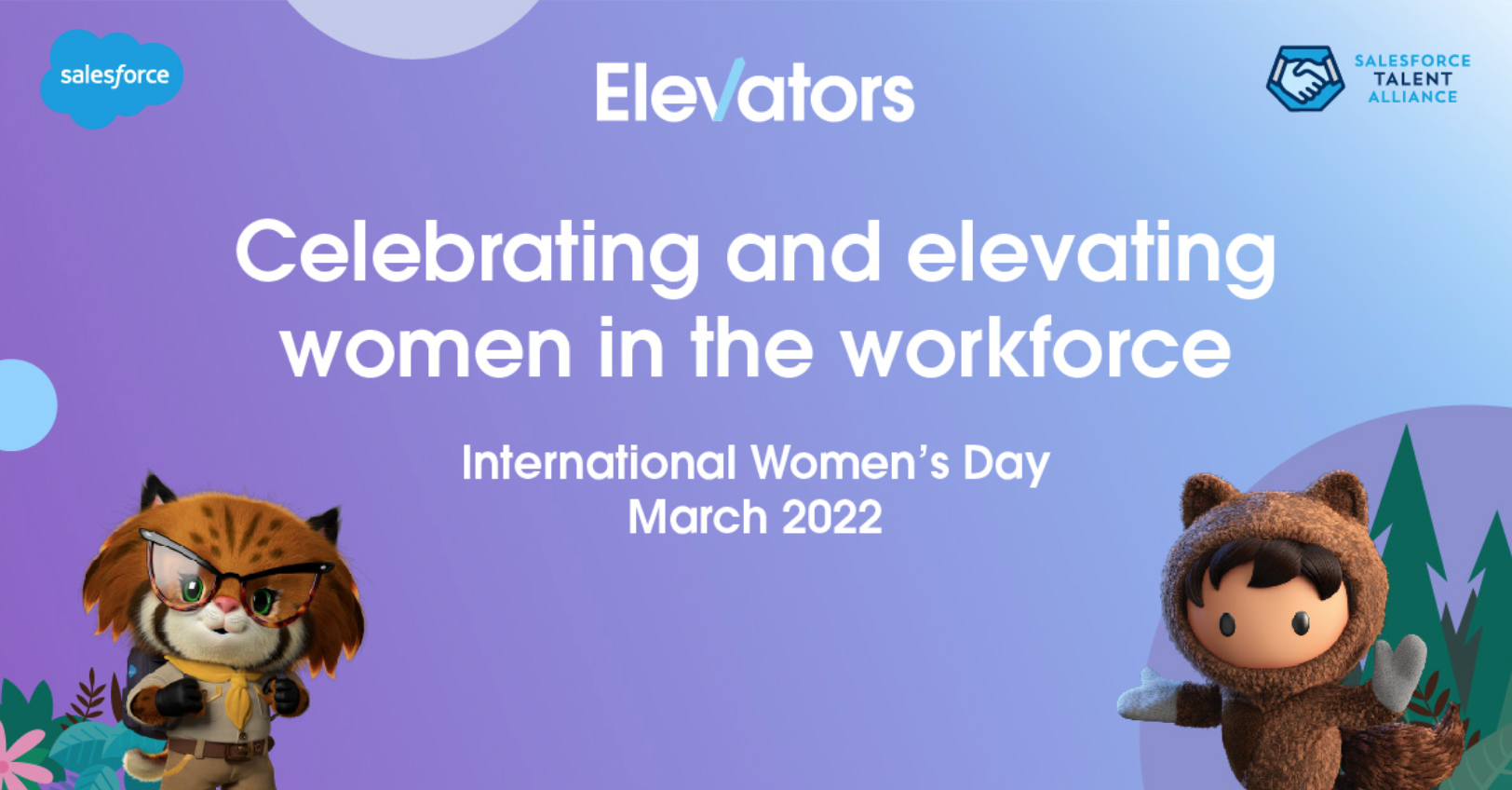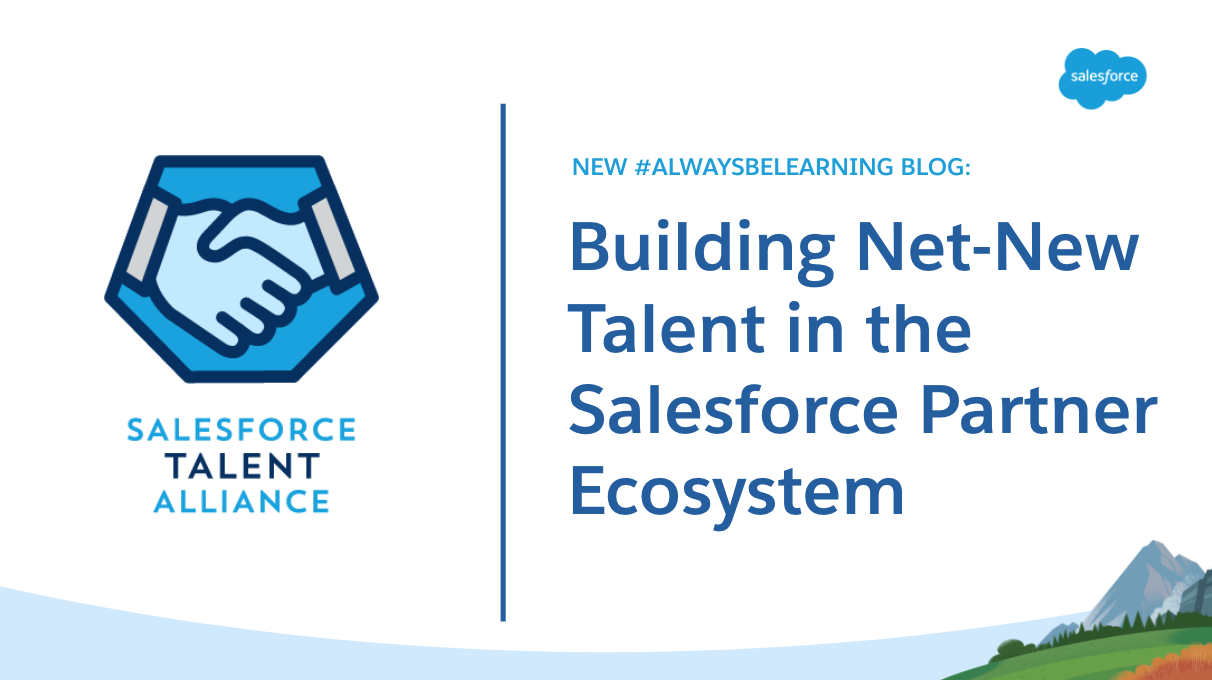Welcome to chapter three in our series exploring diversity in the Salesforce Ecosystem. Today we talk to Naomi-Jayne Rajendram about how she’s building Disability Inclusion at Accenture, how our partners are building inclusive cultures, and her own deaf gain.
Discussing the moment Naomi discovered her deafness, she quickly pointed out it was wrong to describe it as a hearing loss.
“We call it deaf gain, and that’s because you gain so much as part of the d/Deaf and Hard-of-Hearing (HoH) community, whether it’s through learning sign language, the available support, or the immediate friends you make,” said Naomi.
The uppercase D in “d/Deaf” is used to describe people who identify as culturally deaf and are actively engaged with the deaf community. Naomi is the head of Salesforce ASEAN and lead of disability inclusion for Accenture Southeast Asia. She’s also 70% deaf and a passionate advocate for the d/Deaf and HoH community.
Here, Naomi shares what it’s like living and working with a disability and offers advice to others who want to champion more inclusive work environments.
Tell us more about being part of the d/Deaf and HoH Community.
I had a history of not hearing things properly and had been complaining about things like people mumbling. It was finally time to deal with it, and after two different tests, I found out I was 70% deaf.
What’s interesting is that I didn’t feel sad about the situation. My biggest concern was whether I could continue to work. So I created my plan B and started to learn Auslan (Australian Sign Language). I thought at some point I would need to leave consulting and felt Auslan would help me find a job in the d/Deaf and HoH community.
It was later while working at Accenture and being surrounded by incredible people with disabilities, I learned many of us had a plan B because we didn’t know if the consulting world would ever fully accept us. It was a horrible feeling and so we made a decision that from there on, we’d do everything to ensure no one with a disability working at Accenture would ever need a plan B.
What steps have you taken at Accenture to ensure people with disabilities feel safe and supported?
We have several initiatives in place, including DeafTember which was held in September. This movement was inspired from a need to highlight the importance of sign language education and to celebrate the International Week of the Deaf. What was really exciting about DeafTember is that we ran sign language classes for 350 people across Southeast Asia.
Right now, we’re launching new accessibility centers in the region. We have 17 centers across the globe and they’re so cool. The centers provide space where people with permanent or temporary disabilities can access and test assistive technologies and ergonomic equipment.
An upcoming program I’m really excited about is our Deaf for Devs program which is designed for graduates and others in the d/Deaf and HoH Community who want to become application developers. One of the first things the program will do is provide training on Salesforce.
How can the hearing community be more inclusive of the d/Deaf and HoH Community?
If you can greet someone in sign language, that’s amazing. There are more than 300 sign languages in the world, and they are stunningly beautiful to learn. And you don’t need to be an expert to make someone feel included. A simple “good morning” or “how are you?” on a virtual call is incredible.
What advice would you give organizations looking to better support diversity and inclusion?
Partner with other organizations that have experience in this space. There are one billion people living with disabilities globally, and that includes a huge, untapped workforce. Our Getting to Equal 2020 research shows that engaging that workforce increases the bottom line. Some inclusive organizations report sales and profits double and triple that of their peers.
What advice would you give to people living with disabilities who are just starting their careers?
Find the right organization to work with and don’t be afraid to ask for the support you need at the outset. Secondly, be proud of your disability and know that it doesn’t define you—it just adds to what’s glorious about you. Also, opening up and putting our best foot forward will change things for the better.
Don’t wait to take the next step in your Salesforce journey!
Visit Trailhead where you can learn and skill up for free. Join the Salesforce Talent Alliance to grow your network and find career opportunities. Download this E-book to guide your career forward.



